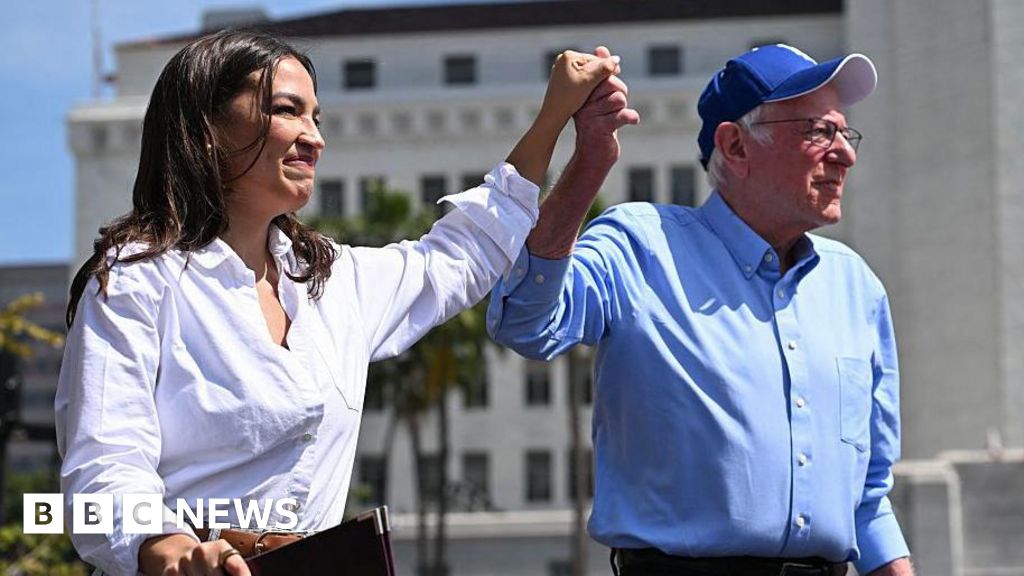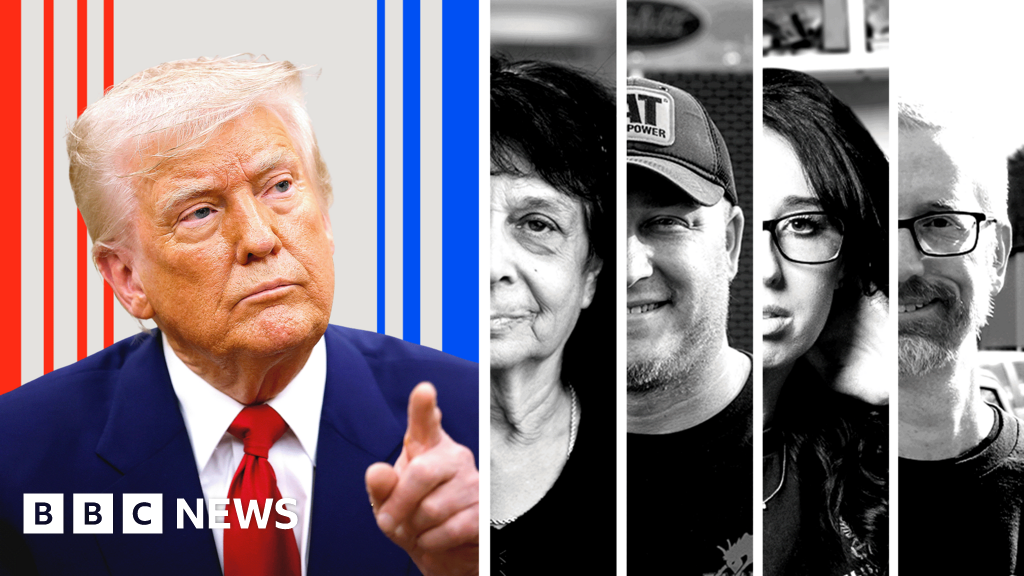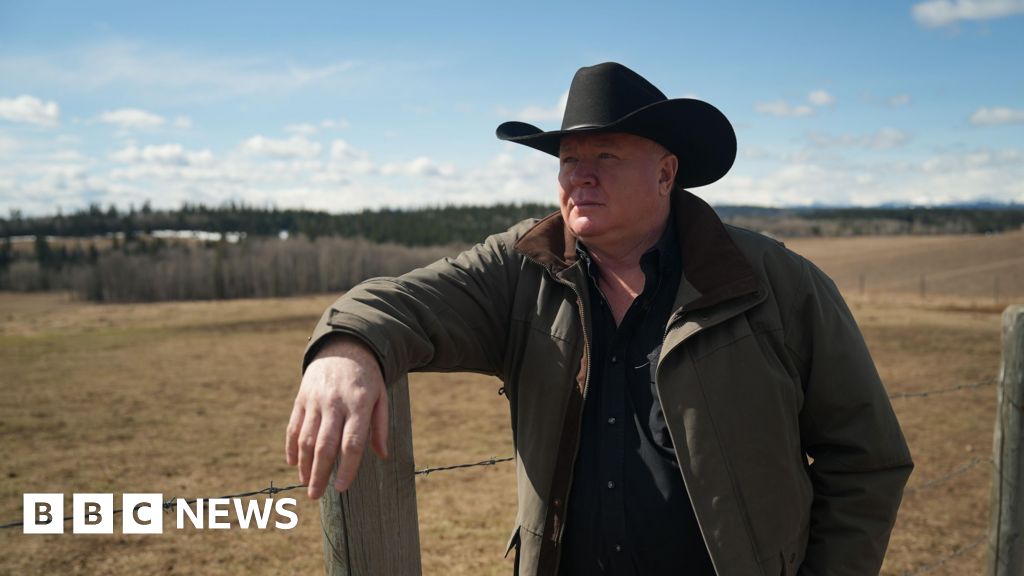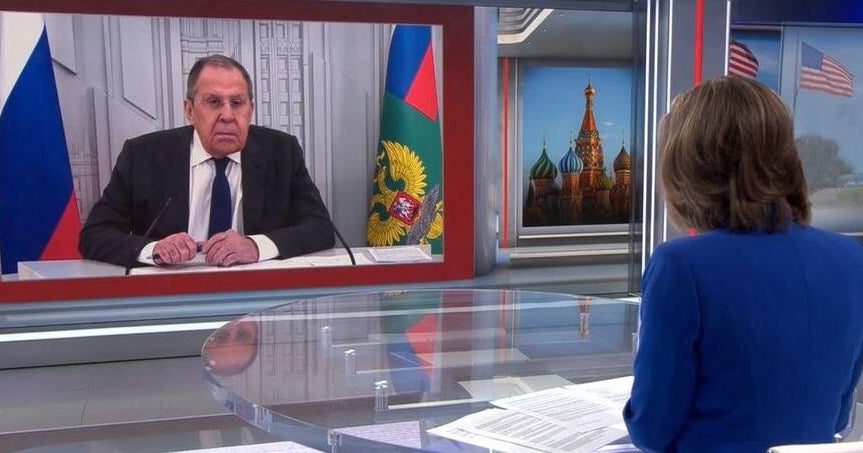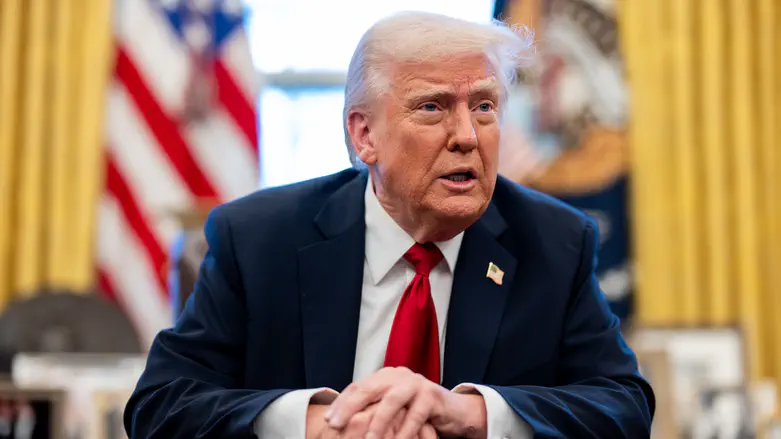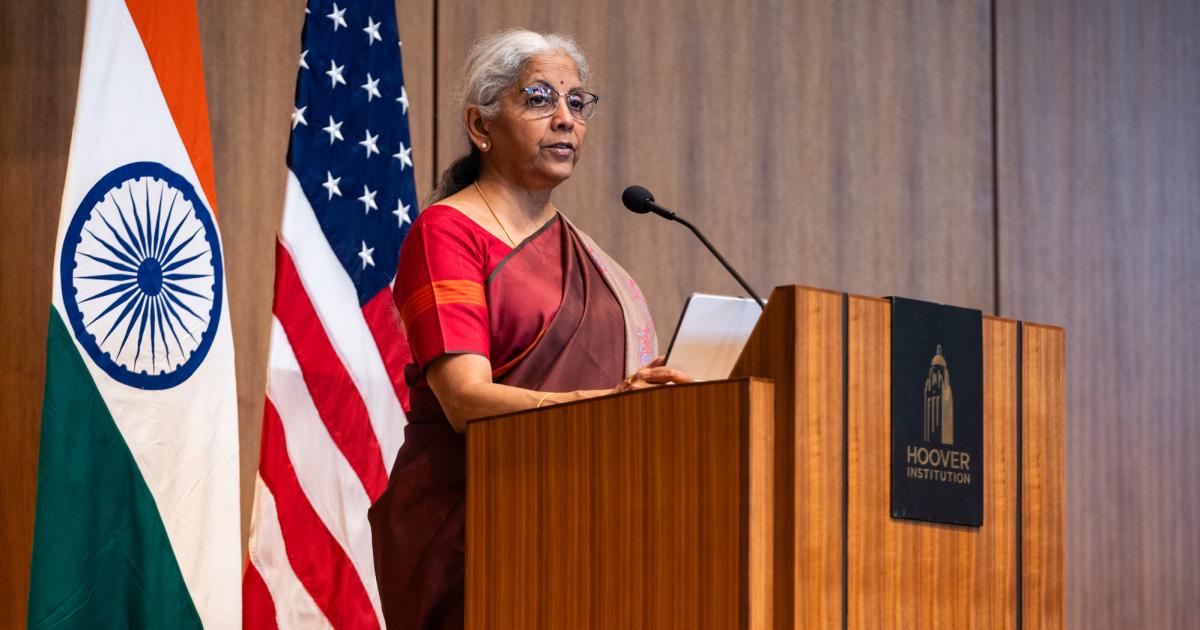Federal Judge Halts Key Aspects of Trump's Executive Order on Voting

A federal judge in Washington, D.C., has temporarily halted a crucial section of President Donald Trump's recent executive order that proposed sweeping changes to the voting process and electoral regulations. This ruling comes in response to widespread criticism of the executive order, which was issued on March 25. Critics argue that the order could disenfranchise millions of eligible voters and exceeds the constitutional authority granted to the presidential office.
The contentious executive order compels the independent Election Assistance Commission (EAC) to revise the national mail voter registration form, requiring applicants to provide documentation that proves their U.S. citizenship prior to being registered to vote. This stipulation has raised alarms among voter advocacy groups, who contend that it may create unnecessary barriers for individuals, particularly those who may not have easy access to the required documentation.
On Thursday, U.S. District Judge Colleen Kollar-Kotelly issued a court order that effectively puts this controversial instruction on hold, providing a temporary reprieve to those challenging the executive order. In her comprehensive 120-page ruling, Kollar-Kotelly underscored the constitutional mandate that only Congress and the states possess the authority to regulate federal elections, not the President. She also highlighted that Congress is currently considering legislation known as the SAVE Act, which aims to impose similar proof of citizenship requirements for voter registration.
A significant aspect of this developing story is the passage of the SAVE Act by the GOP-led House of Representatives earlier this month, which garnered support primarily along party lines. However, the bill is expected to face substantial challenges in the Senate, where Democratic lawmakers have pledged to block it through a filibuster. Trump's executive order seems to aim at implementing many provisions of the SAVE Act through executive action, a strategy that the judge has now rejected outright.
Judge Kollar-Kotelly made it clear in her ruling that, "[N]o statutory delegation of authority to the Executive Branch permits the President to short-circuit Congress's deliberative process by executive order." Appointed by former President Bill Clinton, Kollar-Kotelly's ruling marks a significant legal victory for voter registration advocacy groups and Democrats who are currently engaged in multiple lawsuits against Trump's expansive executive order, which have now been consolidated into a single legal challenge.
In a joint statement, representatives from several noteworthy organizations including the American Civil Liberties Union, Asian Americans Advancing Justice, Brennan Center for Justice, the Legal Defense Fund, and Latino Justice PRLDEF, celebrated the ruling as a pivotal victory for eligible voters and the organizations that assist them with registration. They emphasized that millions of U.S. citizens may not have easy access to passports or other documents that could serve as proof of citizenship, and that such barriers should not impede their ability to register to vote.
In response to the court's decision, White House spokesperson Harrison Fields stated, "President Trump will keep fighting for election integrity, despite Democrat objections that reveal their disdain for commonsense safeguards like verifying citizenship. Free and fair elections are the bedrock of our Constitutional Republic, and we're confident in securing an ultimate victory in the courtroom." This statement reflects the ongoing tensions surrounding election integrity and voter access across the nation.
Additionally, the judge's ruling pauses another provision of Trump's executive order that mandates certain government agencies to verify U.S. citizenship before providing voter registration forms to individuals enrolling in public assistance programs. Kollar-Kotelly pointed out that this requirement conflicts with the National Voter Registration Act of 1993, which requires those agencies to distribute voter registration forms unless an applicant opts out.
While the current ruling freezes some elements of the executive order, additional sections remain under litigation. One of these sections would withhold federal funds from states that count mail-in and absentee ballots that are postmarked by Election Day but arrive after that date. Although Democratic plaintiffs sought to pause this provision, Kollar-Kotelly deemed their requests to be either premature or more appropriately filed by the states themselves.
In a separate legal challenge, 19 Democratic state attorneys general are pursuing a case against Trump's order in a federal court in Massachusetts. The government has requested that this case be transferred to Washington, D.C., for consolidation with the lawsuit overseen by Kollar-Kotelly. Notably, states like Washington and Oregon, which heavily rely on mail-in voting, have initiated their own legal actions against the executive order.
The plaintiffs challenging Trump's executive order argue that the President lacks the authority to direct the EAC's operations. The EAC is an independent entity composed of four members, with no more than two from the same political party, and it requires a consensus of three members to take action to ensure a bipartisan approach.
Following the issuance of Trump's executive order, the EAC's executive director sent an April 11 letter to state election officials, requesting input on how states might implement the proposed citizenship verification requirements. The EAC was scheduled to discuss the order during its meeting on Thursday, further complicating matters for election officials nationwide.
Trump's order claims to be a necessary measure to enhance election protections, with the government arguing in court that the plaintiffs lack standing to challenge the executive order. However, those contesting the executive order emphasize that requiring documentary proof of citizenship could disenfranchise millions of eligible voters. The executive order specifies a limited range of documents that could serve as proof of citizenship, leaving it uncertain whether common documents like birth certificates would be acceptable. Passports, frequently cited as an acceptable form of identification, are held by approximately 50% of American citizens.
At present, the national voter registration form allows applicants to attest, under penalty of perjury, to their status as U.S. citizens and their eligibility to vote. Those who attempt to vote illegally as noncitizens can face severe consequences, including deportation and incarceration. While instances of noncitizens appearing on voter rolls have occurred, audits across various states have demonstrated that such occurrences remain exceptionally rare.
Despite the absence of evidence supporting claims of widespread noncitizen voting, Trump has persistently propagated a narrative during the 2024 election cycle that large numbers of noncitizens are poised to vote, potentially swaying the election in favor of Democrats. This narrative has been frequently cited by Trump and Republican lawmakers to justify the implementation of more restrictive voting measures.
As the litigation surrounding the March 25 executive order unfolds, both state and local election officials find themselves in a state of uncertainty, eagerly awaiting clear guidance on how to implement any new regulatory changes. Tim Tsujii, who oversees elections in Forsyth County, North Carolina, commented, "My job is to wait for guidance and instructions on how to go about implementing any regulations that come down. I'm in a holding pattern right now." The intricate legal and political landscape surrounding this issue suggests that the battle over voting rights and election integrity in the United States is far from resolved.
Reporting contributed by Miles Parks.











